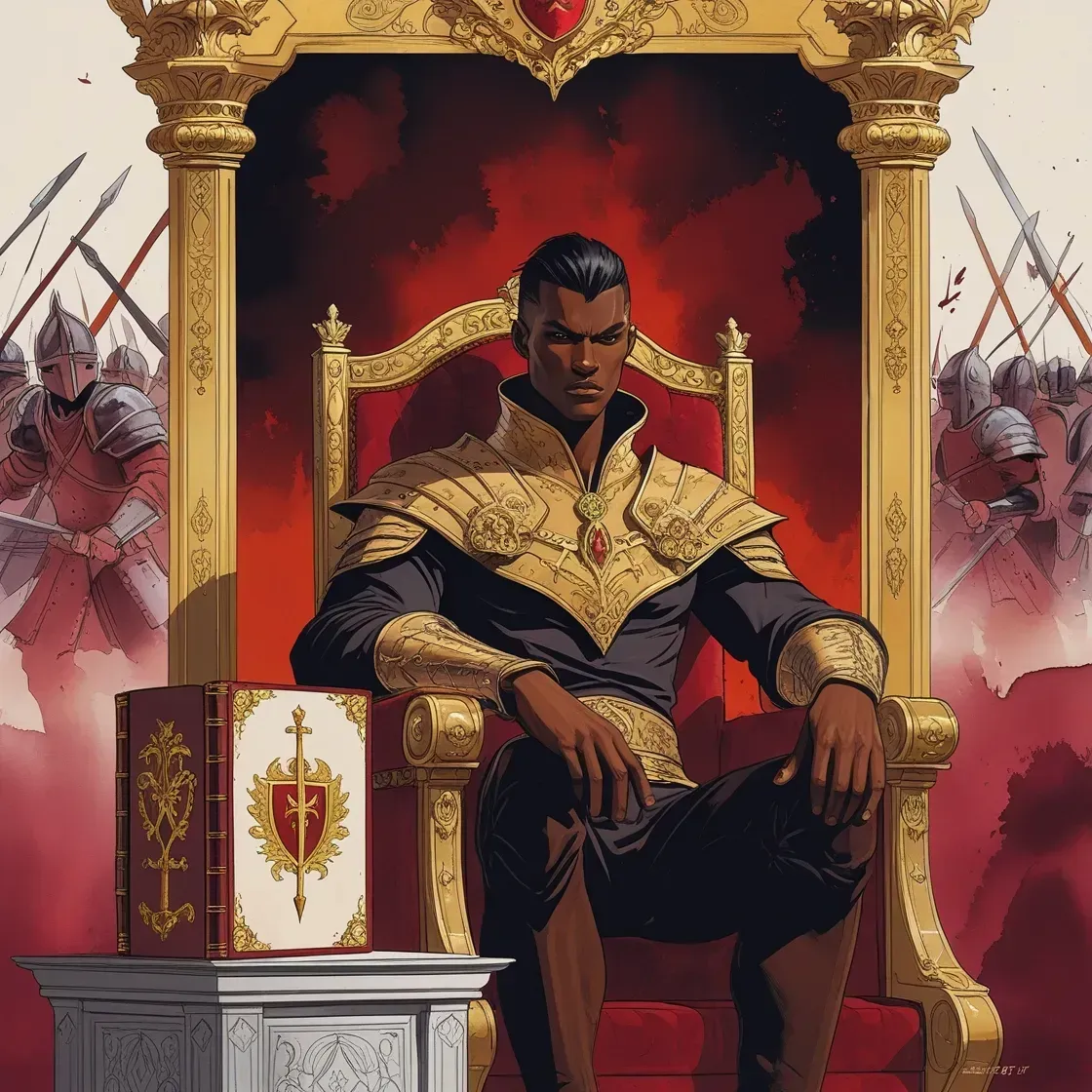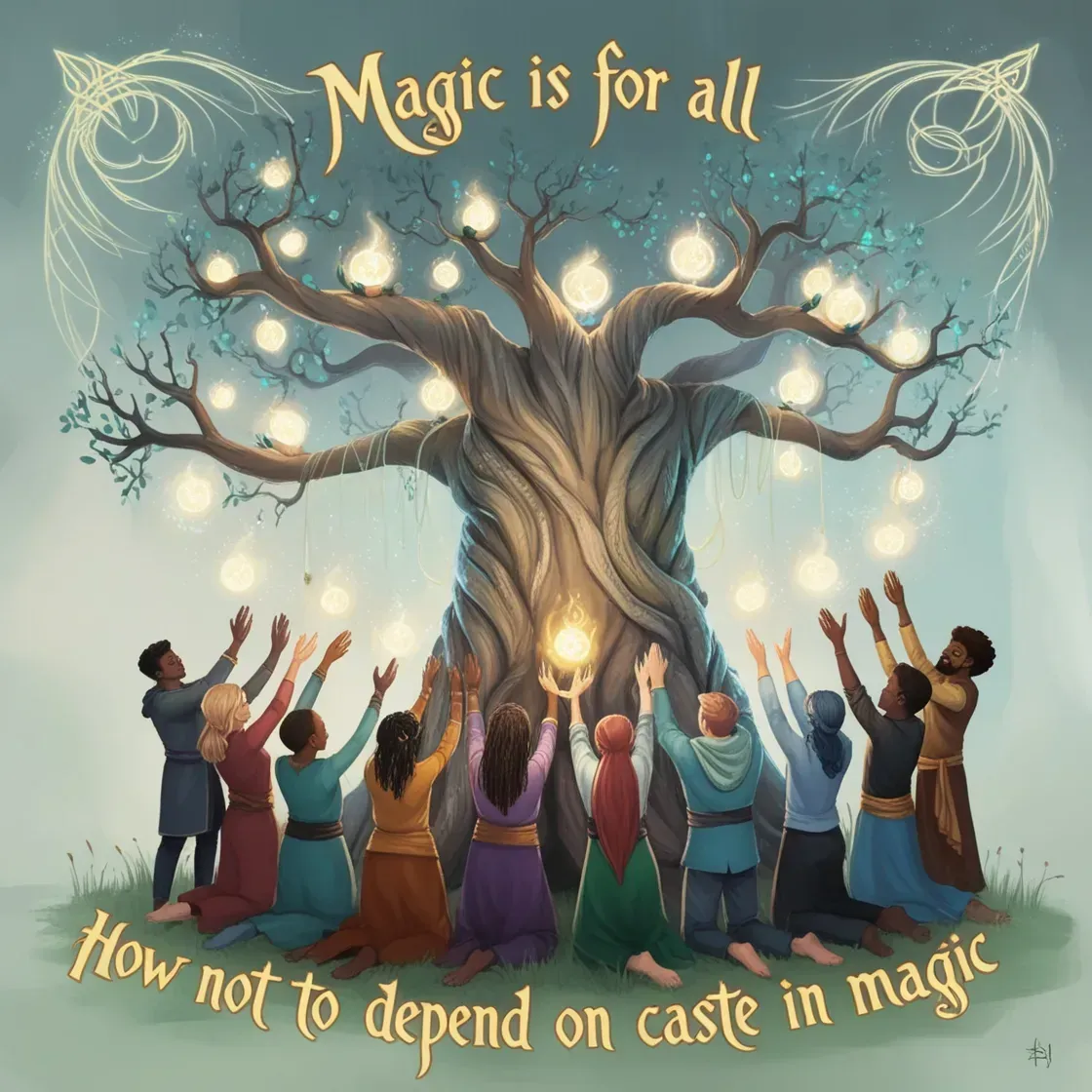Warrior Caste: Characteristics and Principles
The warrior caste embodies a unique mindset rooted in discipline, leadership, and a deep understanding of human psychology. Unlike merchants or farmers, warriors focus on principles rather than transactional or cyclical processes. This article examines the essence of the warrior caste, its distinguishing characteristics, and its relevance in modern contexts.
The Warrior's Mindset
A warrior's thought process is built on strategy and adaptability. They must understand not only their own methods but also the psychology of those they interact with, including merchants and farmers. This insight allows them to operate effectively across various domains.
Warriors are not constrained by the immediate objectives that guide merchants (profit) or farmers (sustenance). Instead, they pursue broader, long-term goals that align with their principles of honor, duty, and justice. This expansive thinking is a cornerstone of their role in society.
Understanding Others
To lead and protect, warriors must comprehend the motivations of others. For example, merchants thrive on negotiation and profit, while farmers are tied to the rhythms of nature and sustenance. Warriors, however, are expected to rise above these perspectives, mastering the underlying principles that drive each.
This ability to think beyond their own role is what sets warriors apart. By understanding and respecting the strengths and limitations of other castes, they ensure harmony and stability within the societal framework.
Principles Over Mechanics
While it is valuable for warriors to learn the mechanisms of success, their true strength lies in understanding the principles behind those mechanisms. This knowledge allows them to adapt and apply strategies across different scenarios, ensuring resilience and effectiveness.
For instance, a warrior does not need to master every trade or agricultural method. Instead, they focus on the principles of resource allocation, motivation, and leadership, which can be universally applied.
Modern Applications
In contemporary settings, the warrior mindset finds relevance in leadership roles across various fields. Whether in corporate environments, public service, or personal development, the principles of discipline, strategic thinking, and empathy remain vital.
Understanding the motivations of team members, competitors, or clients allows modern leaders to make informed decisions and maintain a balanced approach. This is a direct reflection of the warrior's ability to operate within diverse contexts.
Conclusion
The warrior caste represents more than just a historical archetype; it is a model of disciplined thought and principled action. By learning from the warrior's mindset, individuals can enhance their leadership skills, foster understanding, and navigate challenges with integrity and purpose.




